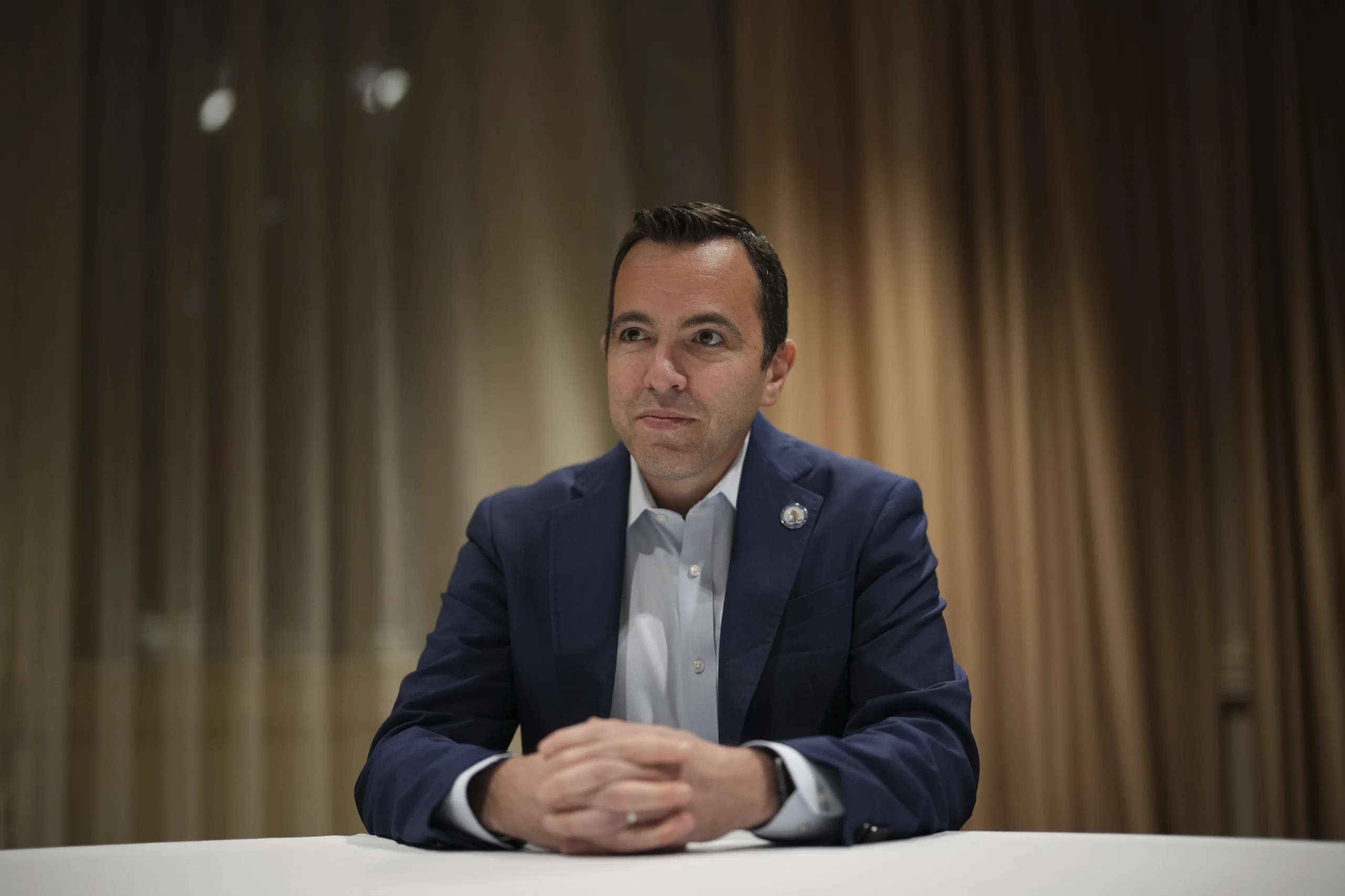The Role of State Attorneys General in Protecting LGBTQ+ Communities from Workplace Discrimination
Authors
Share
Introduction & Background
The United States has a dark past in regard to the treatment of LGBTQ+ persons, particular in places of employment. In 1952, President Dwight D. Eisenhower signed Executive Order 10450, which prohibited gay and lesbian applicants from government jobs, and terminated the employment of more than 5,000 employees—all under the guise of national security. Although the Executive Order was abrogated by Cole v. Young 351 U.S. 536 (1956), and later fully repealed by the U.S. Civil Service Commission, the LGBTQ+ community still faces numerous obstacles in the workplace.
In a 2021 study conducted by the UCLA School of Law titled LGBT People’s Experiences of Workplace Discrimination and Harassment, 46% of LGBTQ+ employees reported being passed over for promotions, jobs, raises, and opportunities for overtime, or not being invited to corporate social events. More than 25% reported sexual harassment and approximately 1 in 5 reported physical abuse. For frame of reference, a study by the Gallup Center on Black Voices reports that approximately 24% of Black employees and 24% of Hispanic employees reported workplace discrimination in the past year. In short, members of the LGBTQ+ community face workplace discrimination at higher levels than other marginalized groups.
The Role of State Attorneys General
States attorneys general play a critical role in enforcing workplace anti-discrimination laws. Title VII of the federal Civil Rights Act of 1964 prohibits employment discrimination based on race, color, religion, sex, and national origin. Title VII gives employees a private right of action, meaning aggrieved employees may sue their employers to enforce those rights. States attorneys general may also engage in Title VII litigation against workplace discrimination. In addition, under common law, state attorneys general are often charged with the authority to represent, defend, and enforce the legal interests of the public. In the modern era, this common law authority has been augmented by state constitutions and state laws that further enshrine that responsibility. As a result, even though attorneys general may not ordinarily act as private counsel to aggrieved LGBTQ+ employees, they do possess and utilize their authorities to bring suit or otherwise enforce anti-discrimination laws against the most egregious employers.
Example of State Attorneys General Litigation
Many state attorneys general are leaders in the fight to protect LGTBQ+ persons from discrimination in the workplace. For example, in a series of cases from the last decade, three employees in three different states sued their employers under Title VII, alleging that they were terminated because they were gay or transgender. On appeal, the Eleventh Circuit ruled against the plaintiff and held that Title VII protections did not extend to sexual orientation. The Second and Sixth Circuits, however, ruled in favor of the plaintiffs. These cases were appealed to the Supreme Court and consolidated as Bostock v. Clayton County, 590 U.S. ___. In 2019, attorneys general from 22 jurisdictions jointly submitted an amicus brief in favor of the plaintiff petitioner, and in a 6-3 decision, the Supreme Court ruled that Title VII protects LGBTQ+ employees against workplace discrimination. Through their involvement in this case, these attorneys general stood up to defend the legal interests of the marginalized LGBTQ+ community.
More recently, a teacher filed suit in a North Carolina federal district court against his former employer— a North Carolina Catholic school—claiming discrimination on the basis of sex, in violation of Title VII of the Civil Rights Act of 1964. In this case, Billard v. Charlotte Catholic High School et al., the plaintiff claimed that he was terminated after announcing his intention to marry his same-sex partner. The district court ruled in his favor on a motion for summary judgment, and the defendants appealed the decision to the Fourth Circuit. On November 30, 2022, 18 attorneys general again joined to defend LGBTQ+ workers’ rights by filing an amicus brief on behalf of the plaintiff. Although the Fourth Circuit has not yet ruled on this matter, this case is yet another example of attorneys general deploying the power of their offices to fight for the civil and constitutional rights of LGBTQ+ workers.
The Leadership Center for Attorney General Studies is a non-partisan organization dedicated to educating the public about the important role state attorneys general play in addressing pressing issues, enforcing laws, and bringing about change.


